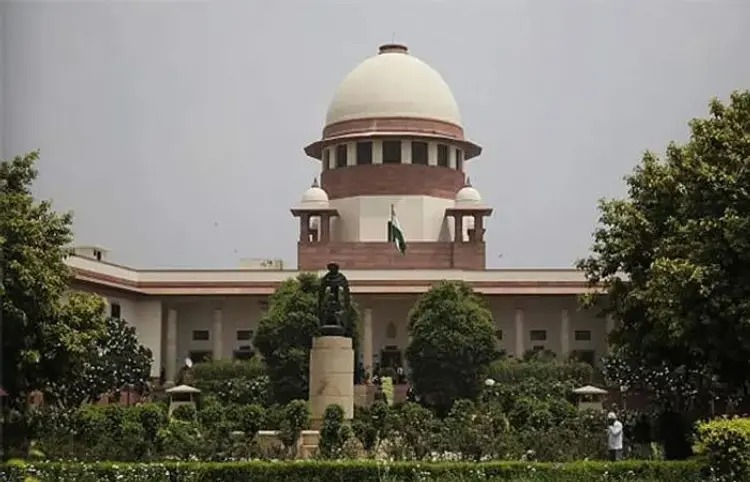Second husband alimony: The Supreme Court has recently given an important and historic verdict, which is associated with women’s rights. The court has said that the woman living separately from her first husband has full right to maintain maintenance from her second husband, even if her first marriage has not ended legally. In this decision, the court also said that if the woman and the first husband have separated from mutual consent, then even if there is no legal divorce, the woman can ask for alimony from the second husband.
The Telangana High Court ruled the verdict.
The case was related to the order of the Telangana High Court, in which a woman was refused to take maintenance from her other husband. The High Court gave this decision on the basis of Section 125 of the CRPC, stating that since the woman did not legally abolish her first marriage, she could not take alimony from another husband.
Women’s rights cannot be denied under any circumstances: Supreme Court
However, now the Supreme Court has overturned this order and has accepted the woman’s appeal. Justice B.V. A bench of Nagratna and Justice Satish Chandra Sharma heard the case and ruled in favor of the woman. The Supreme Court said that it is the woman’s right and it cannot be denied under any circumstances.
What was the whole matter?
The petitioner woman married another person without formally divorcing her first husband. The woman’s second husband was fully aware of her first marriage. Both also had a child, but later differences increased between them and their relationship broke. Now the woman demanded maintenance under Section 125 of CRPC, which was accepted by the family court.
But when the matter reached the High Court, the court overturned the order of the Family Court. The High Court argued that since the woman’s first marriage did not end legally, she could not get maintenance from her second husband.
Supreme Court verdict in this case
The Supreme Court, while giving its verdict in the case, said that the woman’s second husband had complete information about her first marriage and due to this she could not refuse to pay alimony. The court also said that the family court has clearly stated that the woman’s first husband has been compromised, which has eliminated relations between the two. Although this agreement is not a legal evidence of divorce, it proves that there is no relationship between the two.
The Supreme Court also said that the woman is not demanding maintenance from her first husband, so she deserves maintenance from her second husband. The court ruled that even in the absence of law, the situation of women cannot be ignored and they should be given their rights.
